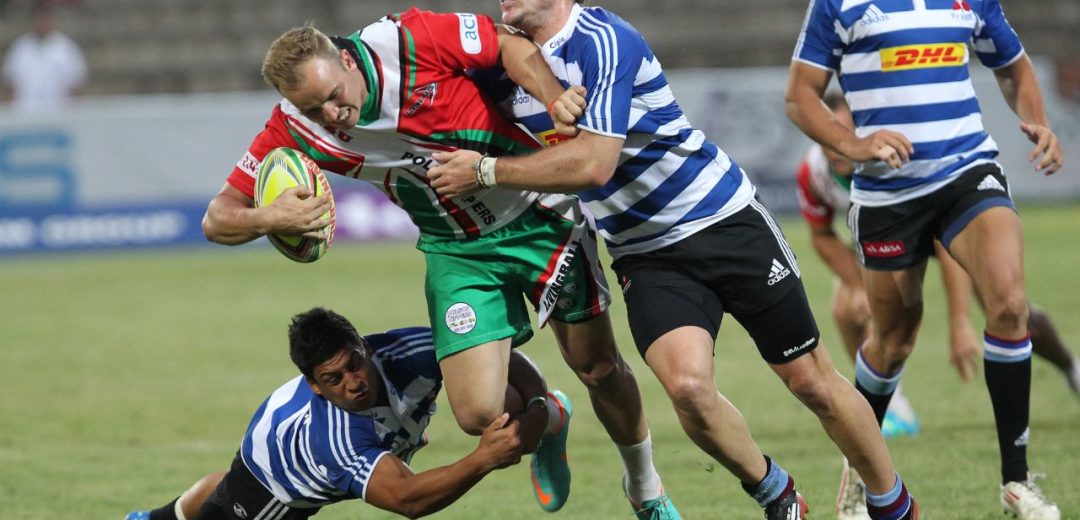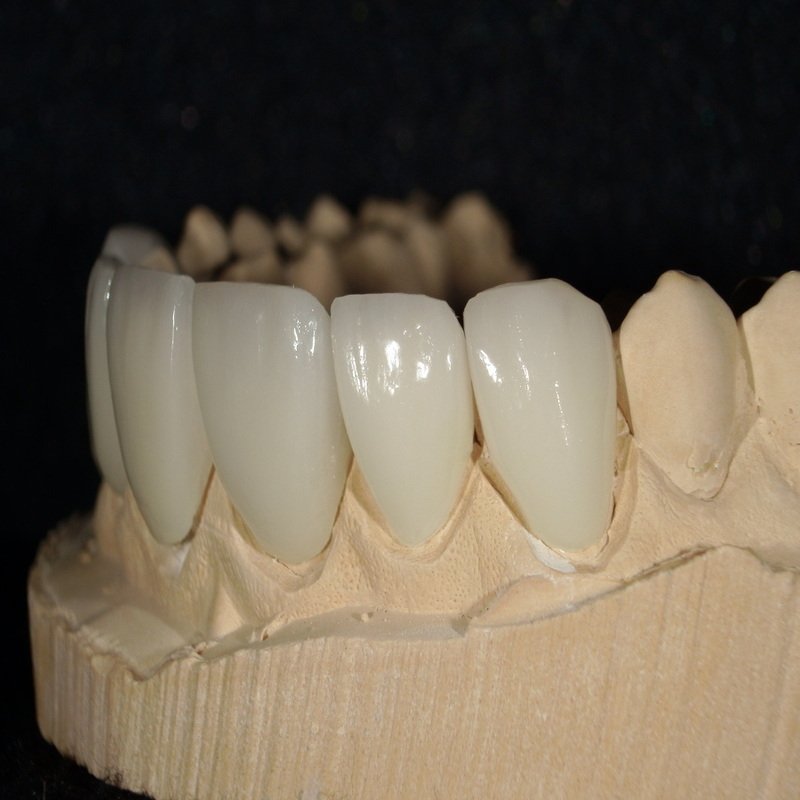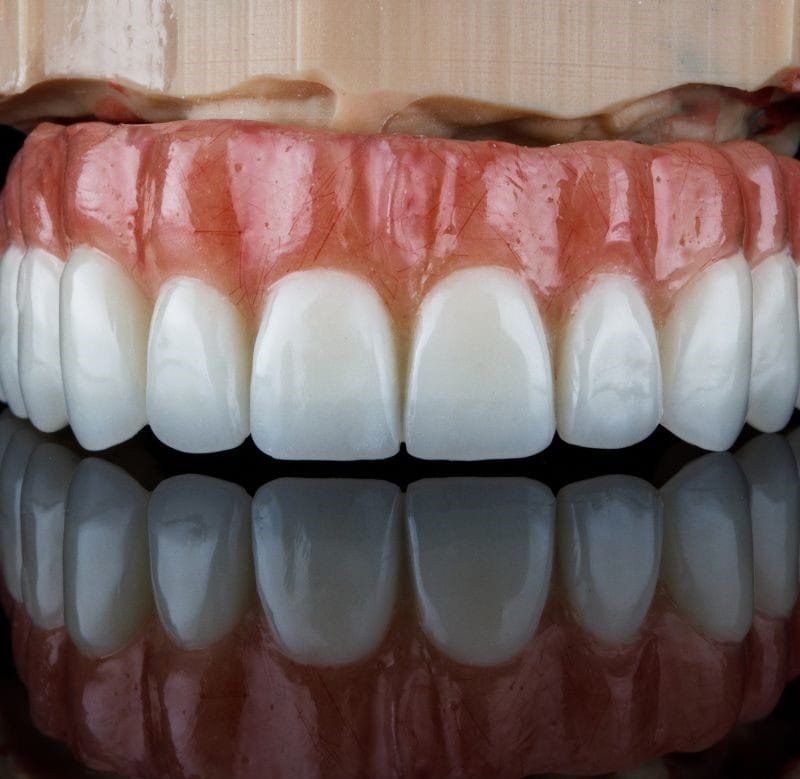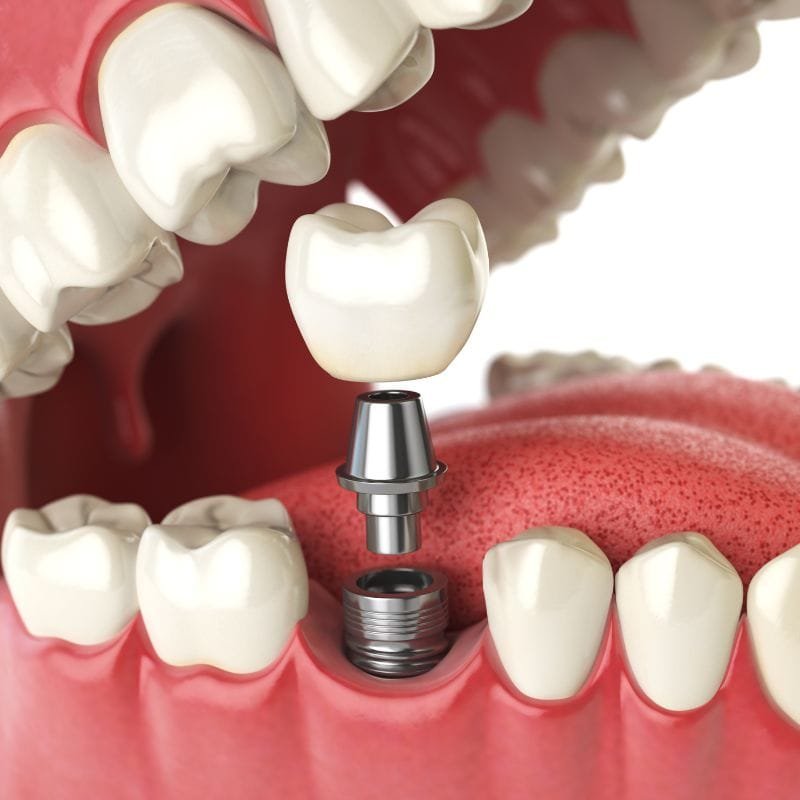Rugby Players Replacing Teeth with Bottle Openers
Replacing teeth? Have you heard about the sport called rugby? The name of this sport is linked to the English city where it was invented: Rugby.
The game originated in the old English town of Rugby. These days, this sport is popular in Great Britain, France, Argentina, and various African nations.
The International Rugby Board (IRB), founded in 1886, directs the different national rugby federations and organizes the World Cup.
This sport has two teams of 15 players each. The objective is to bring an oval ball behind the line, representing the end of the field.
Replacing Teeth After a Tough Tackle
This sport is known for its violence since it allows players to use force to stop opponents.
A standard defensive play involves a tackle that involves knocking down the opponent.
In Rugby, as in any other contact sport, bruising is expected.
It is not strange that those who practice it end the games with scratches, a black eye, a broken bone, or missing teeth.
Wounds that, if all goes well, will be recovered after a few days or weeks. If a player loses a tooth, it can be resolved with the placement of a dental implant.
An Argentine beer company started an initiativevertising campaign in which rugby players can replace a lost tooth using a bottle opener tooth implant.
Sebastian Juri invented this piece, and the function of it is to open bottles.
Yes! That is correct; it is a dental part for pop bottles.
How surprising can it be someone would like to replacing teeth with a bottle opener?
The main fear of those who launched this advertising campaign was not finding players that would use a bottle opener tooth implant.
However, this fear disappeared soon after the rugby players wanted to participate in the experiment and agreed to try the new dental piece.
You might know someone who always wants to show off how to open a beer, using another beer, a spoon, or even their teeth. Well, these players don’t have a show-stopper with their new implant.
So, how does this dental piece replace a tooth?
As you can see in the images, this metal piece known as an implant replaces the missing tooth, just the shape of a bottle opener.

A Bottle Opener Tooth Implant
Rugby players started to take the implant and use it for commercial videos.
In the videos, rugby players showed how this dental piece that replaced their teeth is used to open beer bottles.
Sooner than expected, it became a hit among rugby players.
This trend has also been popular in the USA, and news has spread.
An NFL player also decided to try and replace his missing tooth with a bottle opener.
Some people might be surprised to consider replacing one of their teeth with something other than the usual.
But for these rugby players, it was something new and exciting, and they did not miss the opportunity to try it!
Putting their fears aside, they moved forward to become part of something unique and unconventional.
It has also become a successful promotion for beer companies.
Dental Care
Taking care of our teeth is crucial, even more so when we practice a sport like Rugby, where physical contact is not an option.
Nowadays, it can be easier to ensure the wellness of our teeth because we can use a mouthguard.
This option can be advantageous when practicing any sport or activity with physical contact.
It is our benefit to have this product protect our teeth and to avoid any difficulties that may occur because of the different activities we can practice.
Sports guards are used on the teeth.
They protect against blows to the head and face. Mouthguards are designed to prevent dental fractures, lip cuts, or any other damage to the mouth.
If you wear braces or another mouthpiece, your dentist will suggest a mouth guard for these teeth.
The Use of Mouthguards to Protect Teeth
In rugby, as in other contact sports, mouthguards are essential.
Mouthguards exist to protect teeth as much as possible from damage or losing teeth.
But players need to replace mouthguards every season.
They need to replace it because, over time, mouthguards wear out and become ineffective.
Many professionals in different sports change their mouthguards every six months.
If you practice any contact sport, the best thing you can do is to find a way to protect your teeth.
Ask your dentist for a mouthguard if it is necessary. The mouthguard also helps with bruxism.
Even when mouthguards can’t guarantee 100% protection, they can significantly help.
you might also be interested in these posts about replaced teeth


